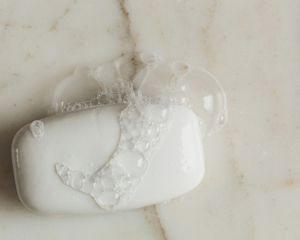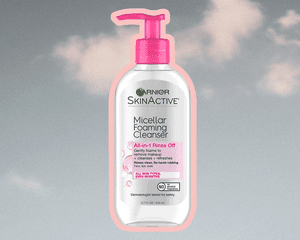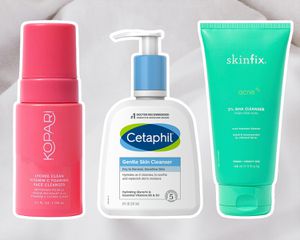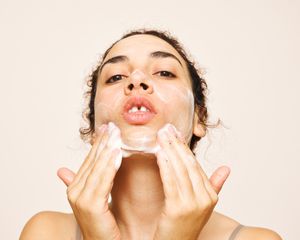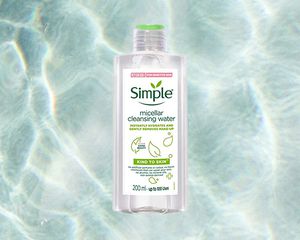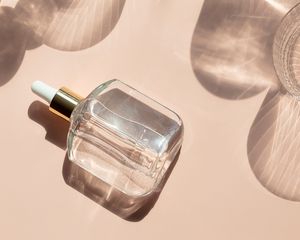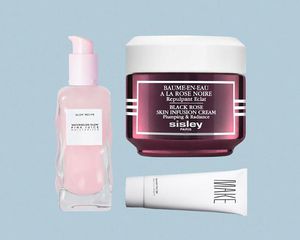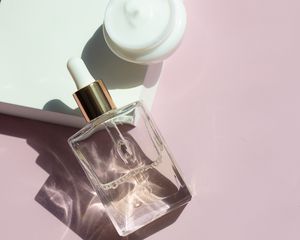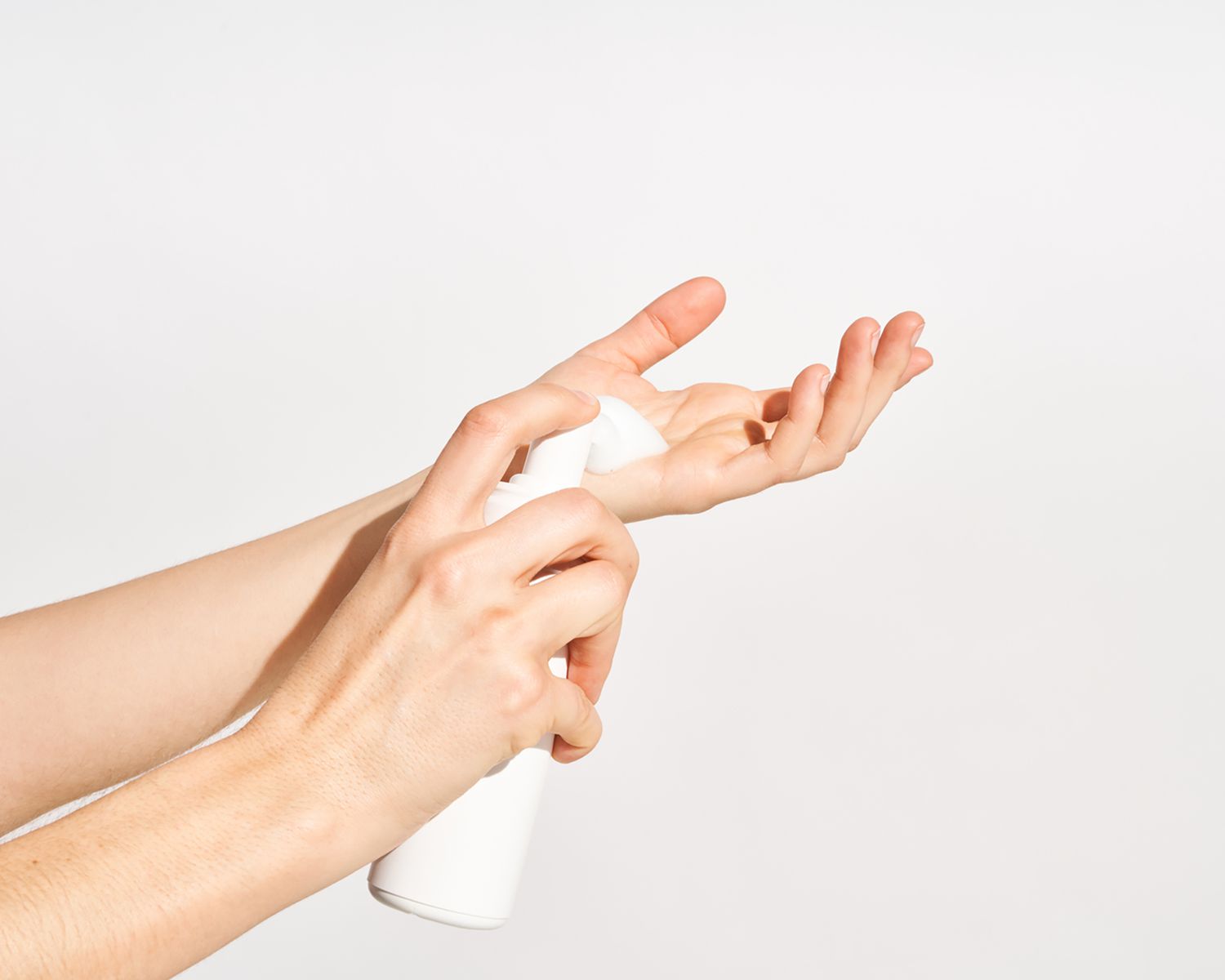
Martà Sans / Stocksy
If you're anything like us, we're willing to bet that your face-washing process is as easy, and, quite frankly, mindless, as brushing your teeth or swiping on deodorant. It's something you do every day, but probably don't give much thought to—are we right or are we right?
And look, there's no shame in that at all. But washing your face—and more specifically how you do it—is actually an integral part of your skincare routine. It definitely does require a little bit more dedicated attention, particularly as it pertains to exactly when and how you're doing so. Cleansing can, quite literally, lay the foundation for all of the steps to follow and generally set you up for skincare success.
Ahead, board-certified dermatologists Geeta Yadav, MD, and Deanne Mraz Robinson, MD, FAAD, weigh in on exactly how—and how often—you should be washing your face.
Meet the Expert
- Geeta Yadav, MD, is a board-certified dermatologist and the founder of FACET Dermatology in Toronto, Canada.
- Deanne Mraz Robinson, MD, FAAD, is a board-certified dermatologist in Connecticut, an assistant clinical professor of dermatology at Yale New Haven Hospital, and the CMO of Ideal Image.
How Often Should You Wash Your Face?
Let's start with the answer to that million-dollar question: Should I wash my face twice a day? That's a resounding yes, according to both dermatologists we spoke with. "Ideally, you'd cleanse your face twice per day. In the morning, this removes any excess oils your skin produced as well as remnants from your evening skincare routine," says Yadav. "In the evening, you're washing away all the makeup, dirt, and oil that has built up on your skin over the course of the day, and leaving skin clean and primed for your evening skincare routine." The one exception to this golden rule: You can add a third time if you workout mid-day and need to remove sweat, makeup, or sunscreen, says Robinson.
And here's the thing: All of the above applies, regardless of your unique skin type. Both of our experts agree that pretty much everyone can and should wash their face twice a day; it's the cleanser that needs to be changed. "Frequency really doesn't differ. It's more about what you use to clean your skin and what you apply afterward that is skin-specific," says Robinson. To that point, here are some more specifics for three different skin types:
Oily/Acne-Prone
These skin types will do best with foaming or gel cleansers, which can most effectively cut through the dirt and oil both on the skin's surface and within the pores, explains Yadav. These types of formulas are generally well-tolerated for use twice a day for these skin types. However, if the cleanser contains an active ingredient, such as salicylic acid, you may only want to use that formula once per day and opt for something milder for your second wash, she adds.
Dry/Sensitive
The same rules apply whether your skin is dry, sensitive, or both (more often than not the two go hand-in-hand). Gentle, creamy, soap-free cleansers are your best bet for both AM and PM washing. That being said, you could also use micellar water in the morning in lieu of a traditional cleanser, suggests Yadav. "A micellar water will still cleanse the skin and remove dirt and oil, but will do so very gently," she explains.
Combination
It may require a little trial and error to come up with your ideal cleansing routine, says Yadav. "I often suggest that people with combination skin keep both a gel and a cream cleanser in their rotation, as they may find that their skin varies seasonally or even on a day-to-day basis," she explains. Consider using the cream cleanser in the morning and the gel cleanser at night (when there's more gunk to remove) and seeing how your skin does.
Risks of Over-Washing
"Over-washing your face can strip it of its natural oils, compromise the skin barrier, and leave skin dehydrated," cautions Robinson. She adds that if you have oily skin or are battling acne, over-washing can actually trigger even more sebum production, which works based on a supply-and-demand model. When you strip the skin of its natural oils, this can cause the body to produce more to compensate, setting off a vicious cycle, she explains. A tell-tale sign that you've been washing too much (or with the wrong product)? "Skin that feels 'squeaky' clean or tight," says Yadav.
Risks of Under-Washing
"On the flip side, not washing enough can lead to clogged pores, a dull complexion, and acne," says Robinson. Not to mention skin that isn't properly cleansed won't be able to absorb the active ingredients in your skincare, which will just end up sitting on the skin's surface where you won't get their benefit, she notes.
The Final Takeaway
Washing your face doesn't have to be complicated, but it is a very important step in your skincare routine that needs to be executed properly. Wash your face morning and night (and after your workout), and make sure you're using a cleanser that fits the particular needs of your skin and complexion concerns.



